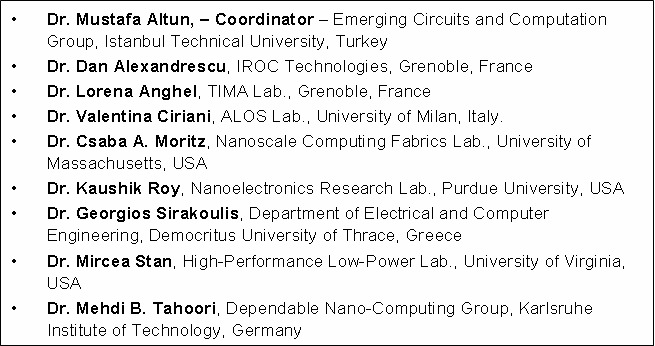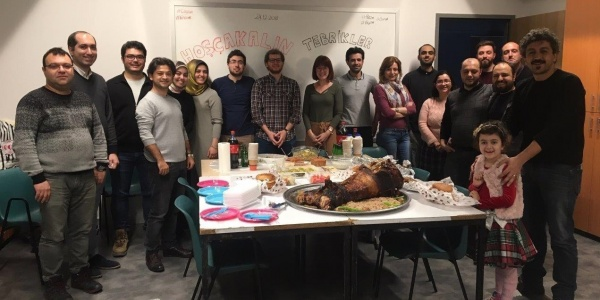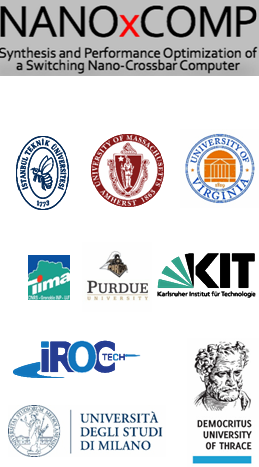
Dr. Mustafa Altun
Dr. Mustafa Altun received his BSc and MSc degrees in electronics engineering at Istanbul Technical University in 2004 and 2007, respectively. He received his PhD degree in electrical engineering with a PhD minor in mathematics at the University of Minnesota in 2012. Since 2018, he has served as an associate professor of electrical engineering at Istanbul Technical University.
Dr. Altun runs the Emerging Circuits and Computation (ECC) Group in the same university. Dr. Altun has been served as a principal investigator/researcher of various projects including EU H2020 RISE, National Science Foundation of USA (NSF), TUBITAK Career, and TUBITAK University-Industry Collaboration projects. He is an author of more than 50 peer reviewed papers and a book chapter, and the recipient of the TUBITAK Success, TUBITAK Career, and Werner von Siemens Excellence awards.
Web: www.ecc.itu.edu.tr
Keynote
In this study, we first summarize our research activities done through our European Union’s Horizon-2020 project between 2015 and 2019. The project has a goal of developing synthesis and performance optimization techniques for nano-crossbar arrays. For this purpose, different computing models including diode, memristor, FET, and four-terminal switch based models, within different technologies including carbon nanotubes, nanowires, and memristors as well as the CMOS technology have been investigated. Their capabilities to realize logic functions and to tolerate faults have been deeply analyzed. From these experiences, we think that instead of replacing CMOS with a completely new crossbar based technology, developing CMOS compatible crossbar technologies and computing models is a more viable solution to overcome challenges in CMOS miniaturization. At this point, four-terminal switch based arrays, called switching lattices, come forward with their CMOS compatibility feature as well as with their area efficient device and circuit realizations.


